Hi everyone, inside this article we will see about C++ Data Types.
About Data Type
A C++ data type refers to the type of a value that can be stored in a variable or an expression. In C++, data types define the size and type of values that can be stored in a variable. They also determine the set of operations that can be performed on the values of that type.
Data types in C++ play a crucial role in a program as they determine the size and type of values that can be stored in a variable and the operations that can be performed on these values.
The use of data types helps the compiler to allocate the correct amount of memory for each variable, and it also helps the programmer to write type-safe code, making the program more robust and less prone to errors.
The C++ programming language provides several built-in data types, such as int for integer values, float for floating-point values, bool for boolean values, and char for character values. The programmer can also define custom data types using user-defined data structures, such as struct, class, enum, and union.
Type of Data in C++
Here, we have a pictorial representation of Types of C++.

There are 4 types of data types in C++ language.

Data Types in C++
According to Types, C++ supports these following data types:
Integer types: char, short, int, long, long long
Floating-point types: float, double, long double
Boolean type: bool
Character type: char
Wide character type: wchar_t
Null pointer type: nullptr_t
Derived types: array, pointer, reference, function, enum, struct, union, and class
Note: The size of each type may vary depending on the implementation and the underlying architecture of the system.
We hope this article helped you to understand about C++ Data Types in a very detailed way.
Online Web Tutor invites you to try Skillshike! Learn CakePHP, Laravel, CodeIgniter, Node Js, MySQL, Authentication, RESTful Web Services, etc into a depth level. Master the Coding Skills to Become an Expert in PHP Web Development. So, Search your favourite course and enroll now.
If you liked this article, then please subscribe to our YouTube Channel for PHP & it’s framework, WordPress, Node Js video tutorials. You can also find us on Twitter and Facebook.
